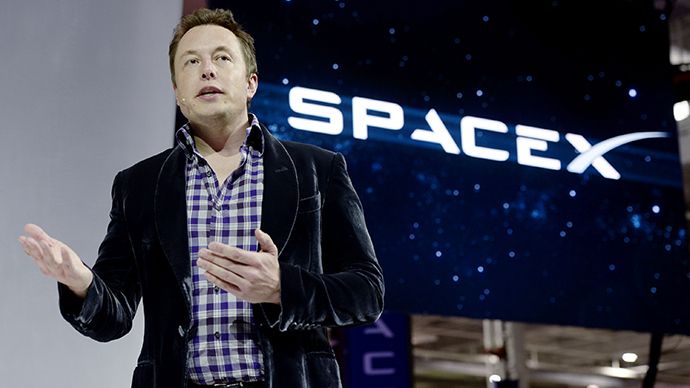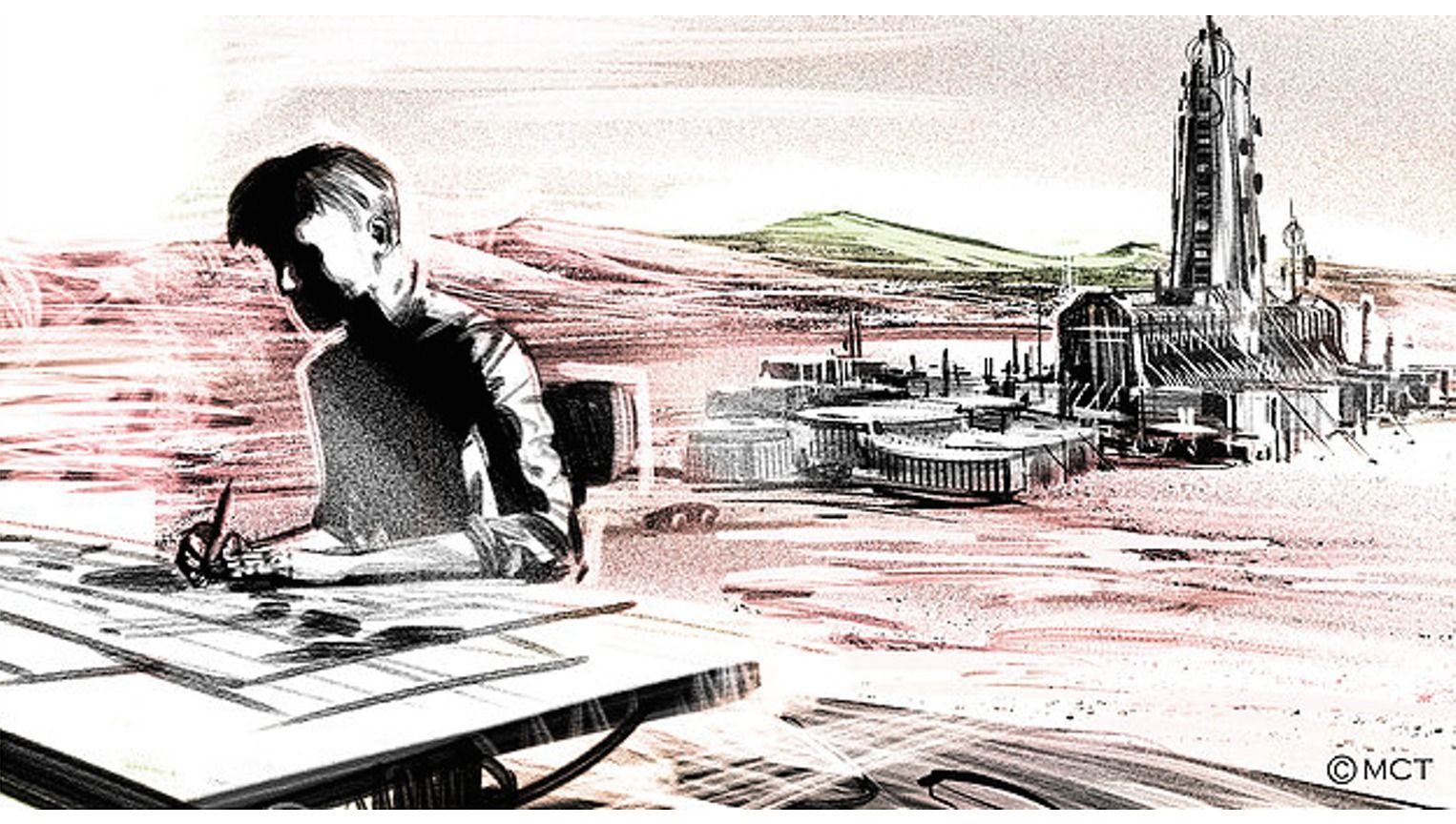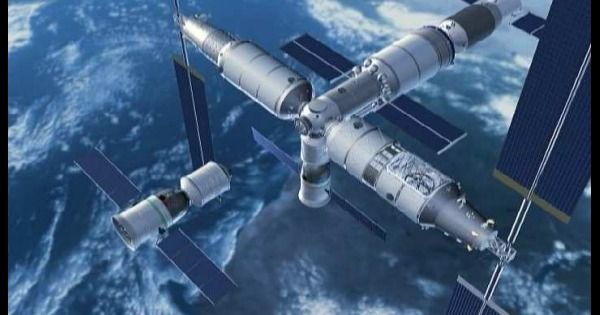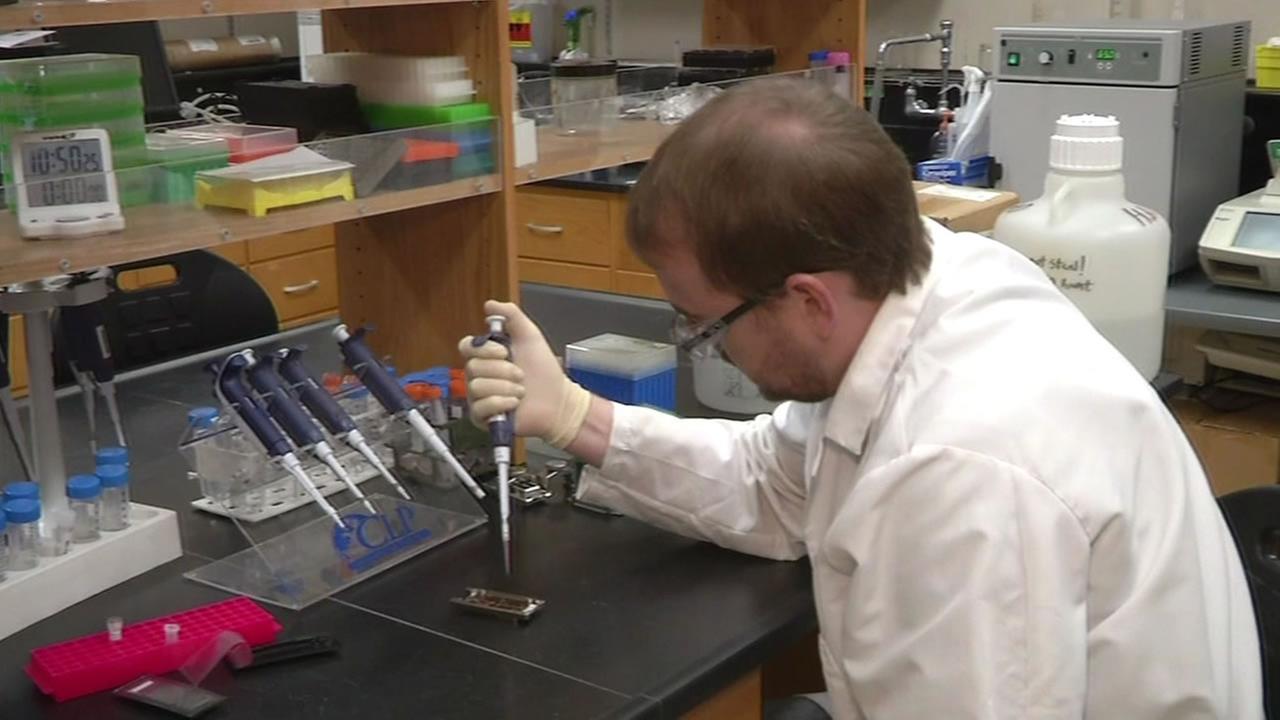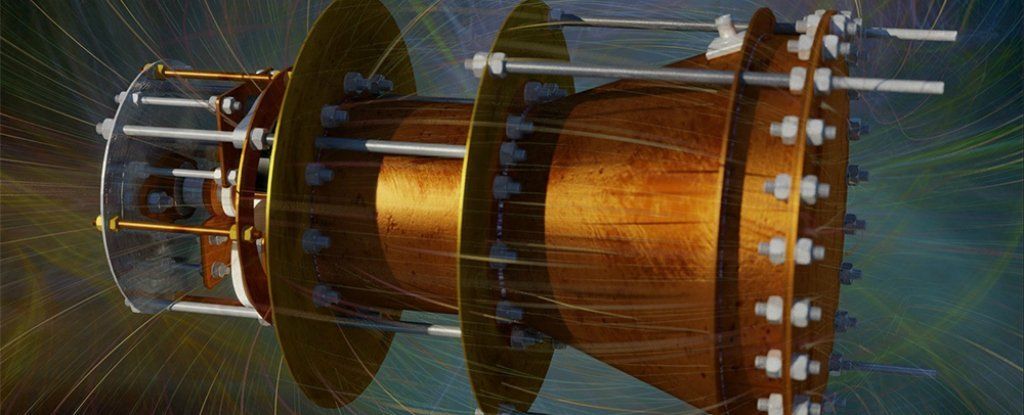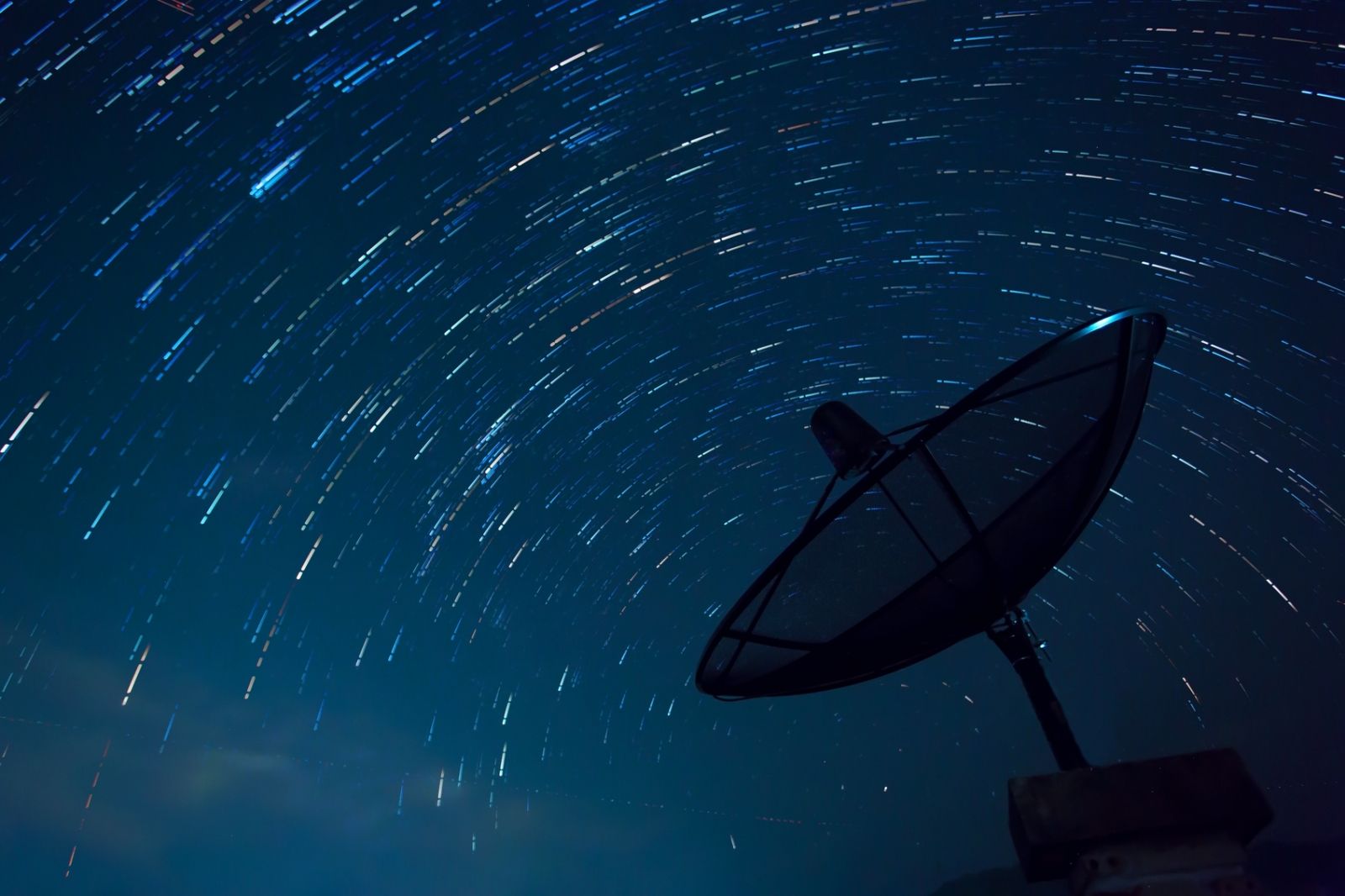Elon Musk, the founder of SpaceX, has always had the dream of sending the human race to Mars. Now, thanks to SpaceX’s advancements, that dream is not far off. In an interview with The Washington Post, Musk divulges some new details on his plan to get to Mars.
The first step in his plan is to send an uncrewed spacecraft to Mars as early as 2018. These missions will continue every two years when Earth and Mars are at closest approach supplying rovers and science experiments to the Red Planet, and testing pertinent systems of the spacecrafts.
“Essentially what we’re saying is we’re establishing a cargo route to Mars,” Musk told The Post. “It’s a regular cargo route. You can count on it. It’s going happen every 26 months. Like a train leaving the station.”
